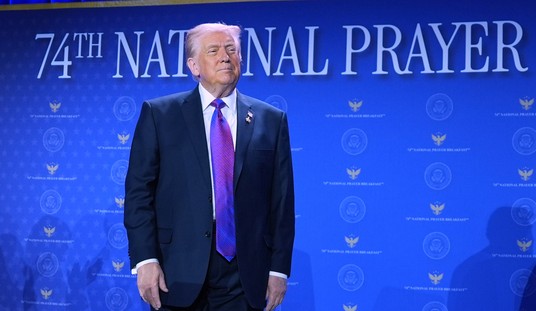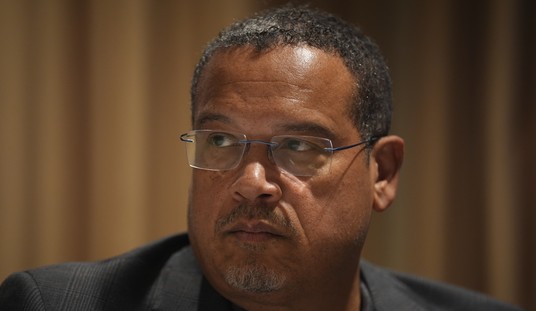Only in Hollywood could one set out to make a fictional gender-politics protagonist by demeaning a real-life female pioneer. A new lawsuit against Netflix from former chess grandmaster Nona Gaprindashvili alleges that their popular series “The Queen’s Gambit” lied about her accomplishments, and did so in order to make the fictional heroine of their series into what Nona Gaprindashvili actually was.
If true, one has to wonder why Netflix didn’t just make the series about Gaprindashvili:
In 1968, Nona Gaprindashvili was the only female chess player to enter the International Tournament in Gothenburg, Sweden. Throughout the tournament, she sat across from nine men and topped seven of them, placing third overall.
Recapping Gaprindashvili’s success, the New York Times noted the chess player’s “never-say-die spirit.”
As it happens, 1968 is the same year that Beth Harmon, the fictional heroine of the blockbuster Netflix series “The Queen’s Gambit,” was the only female competitor at a respected chess tournament set in Moscow. But during one scene at the tournament, a commentator remarked on how unusual it was that Harmon, a woman, was competing. Then he said: “There’s Nona Gaprindashvili, but she’s the female world champion and has never faced men.”
The camera then turned to a character resembling Gaprindashvili sitting in the audience.
Quelle dramatique! Except, of course, that the statement is complete nonsense. The Georgian grandmaster routinely squared off against men in her career. At one event in 1965 — three years before this fictional scene — she took on 28 men simultaneously:
Georgian chess player Nona Gaprindashvili, women's world chess champion, playing against 28 men at once in Dorset, UK, 11th January 1965.
(Photo by Woods/Daily Express/Hulton Archive/Getty Images) #womenempowerment pic.twitter.com/ycUXymrMeY
— International Chess Federation (@FIDE_chess) December 18, 2020
So much for the research department at Netflix. Maybe someone can introduce them to Google at some point.
Later, Gaprindashvili won her status of International Grandmaster by tying for first place in a 1977 tournament comprised mainly of men, playing nine matches against males on her way to the shared title. She also played against the best-known men in chess over the course of her career — Boris Spassky among them. She didn’t shy away from playing against men, and in fact blazed that trail even before the fictional trailblazer supposedly did so in TQG.
Can Gaprindashvili win a defamation lawsuit in this case? It’s tough to say. Generally speaking, fiction producers get wide latitude, especially in dealing with public figures. That’s not always the case, however. One little-known legal side effect from the Warren Beatty film Bonnie & Clyde was a defamation suit from the heirs of Frank Hamer, the legendary Texas Ranger who led the posse that shot and killed Bonnie Parker and Clyde Barrow. The film depicted Hamer as an incompetent coward, and his family forced Warner Brothers into a settlement over that defamation. (The excellent film The Highwaymen does a much better job in setting the record straight on Hamer, Barrow, and Clyde — ironically, another Netflix original production.)
A win in court isn’t the only way to set the record straight, of course. The lawsuit has certainly drawn attention to the careless defamation of Gaprindashvili by Netflix and the producers of TQG, and even more her needless defamation. (Why not just create another fictional character to use as a comparison to the heroine?) That attention will remind everyone of Gaprindashvili’s true status as a trailblazer while making the Netflix group look like idiots and ankle-biters. And, for that matter, bad chess players.








Join the conversation as a VIP Member